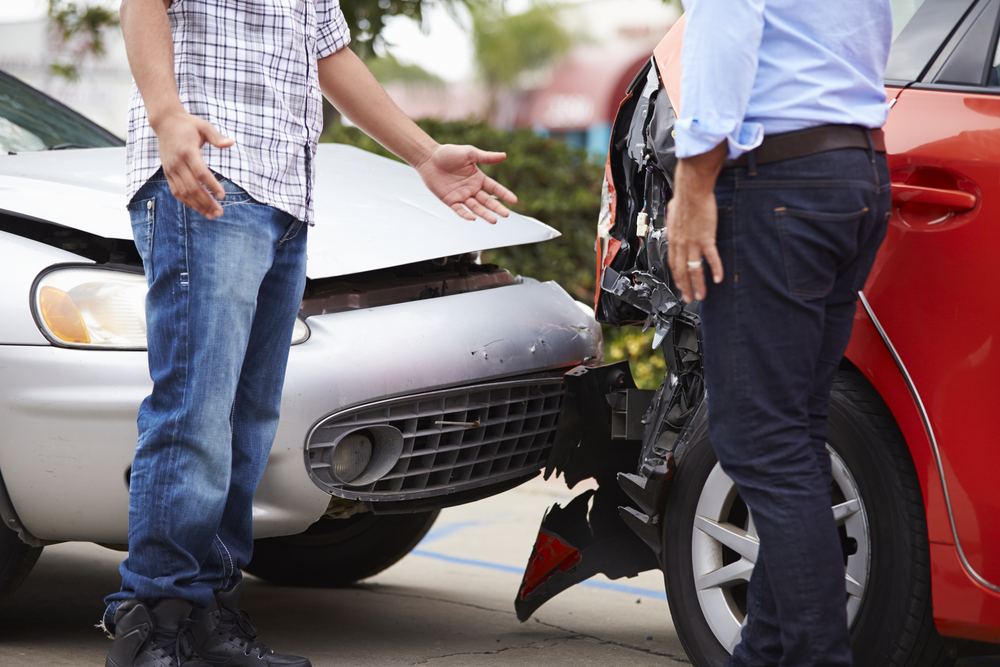
What is Meant by the “Reasonable Person Standard”?
The outcome of every personal injury case hinges on proving that the defendant acted negligently, which caused injury to the plaintiff. But how does the court determine whether the defendant’s actions were negligent and not simply an honest mistake or an unavoidable accident? The “reasonable person standard” is used to gauge whether the defendant’s conduct was appropriate and prudent considering the circumstances. If a reasonable person similar to the defendant could have foreseen that their choices might cause harm and there were other, safer actions they could have taken, then the court will likely determine that the defendant was negligent and can be held liable for the damages they caused.
Who is a Reasonable Person?
Under the law, it is assumed that everyone has a basic responsibility to act in a sensible manner that avoids harm to others as much as possible. When someone fails to meet that obligation, and their actions cause injury or damage, they can be held liable. The reasonable person used for comparison in personal injury cases is a hypothetical individual who is sensibly cautious and considers the outcome of their decisions before acting. However, they are not supposed to be a perfect person in possession of exceptional skills or knowledge.
The reasonable person standard provides the court with an objective baseline for measuring the judgment and practicality of the defendant. For example, a reasonable person would not speed up when approaching an intersection in an attempt to beat a yellow light because they would realize that it could lead to an accident. At times, it can be challenging to decipher the exact actions or intent of the defendant. Still, if it is evident that they did not act in the way a reasonable person would, they can be held responsible for the consequences of their choices.
Are There Exceptions to the Reasonable Person Standard?
The main exception to the reasonable person standard applies to children. Because they cannot be expected to have the same level of understanding as an adult, their actions are compared to the anticipated conduct of a child of a similar age and education. In some cases, the court may also take into account certain circumstances that could affect an adult’s decision-making abilities, like their mental capacity or a disability such as blindness. However, the same consideration is not extended to individuals who are beginners or trainees in a skill. For example, an inexperienced driver would be expected to exercise the same level of care as a reasonably skilled driver.
How Can a Lawyer Help You Prove Negligence?
To successfully recover compensation for your injuries, you must show that the at-fault party acted in a manner that is inconsistent with a reasonable person. As experienced Nevada personal injury lawyers, our law firm knows how to collect the necessary evidence to prove negligence in your case. Building a strong, compelling, well-documented case increases the likelihood of a quick settlement, but our lawyers are always prepared to fight for you in court if necessary. If you have been injured due to someone acting irresponsibly and unreasonably, we can help you seek the settlement you deserve. Contact our office today at (702) 605-6671 for a free case evaluation.

